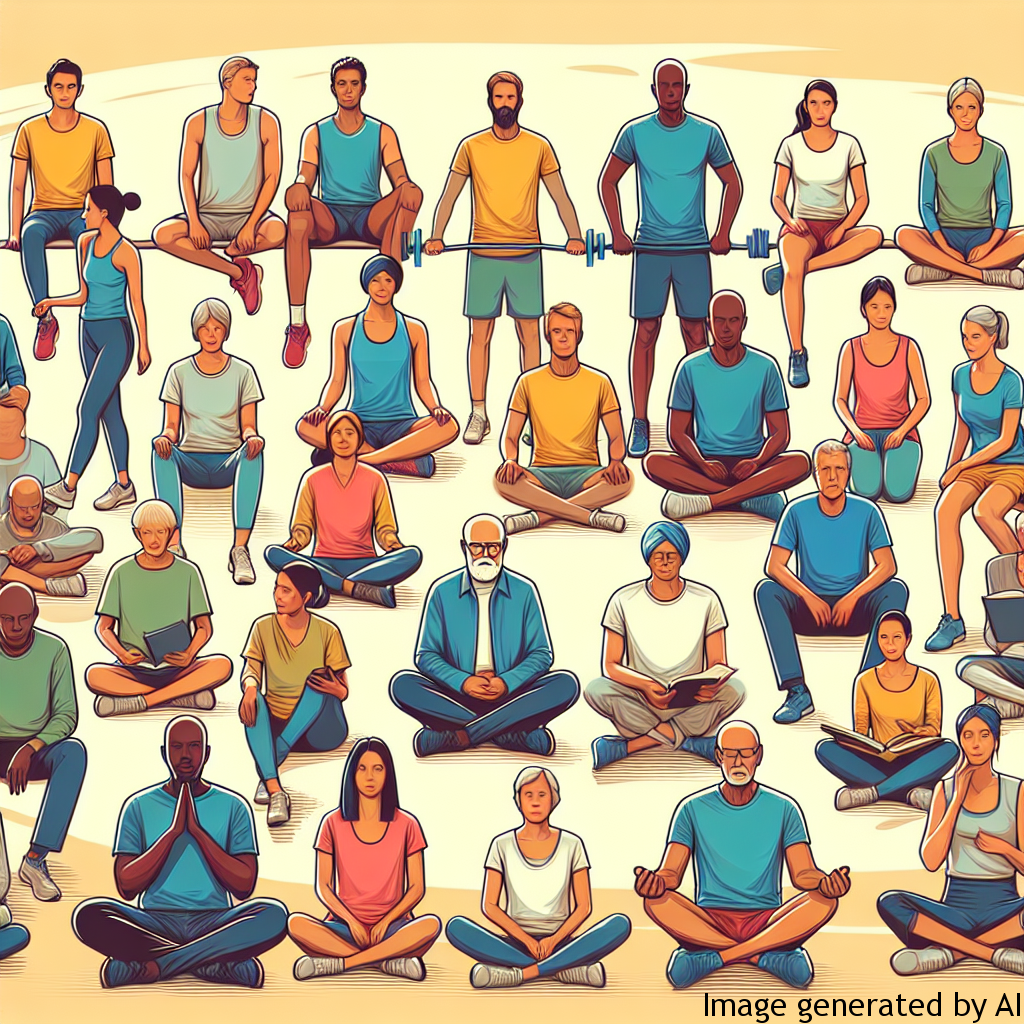Introduction
The sexual dichotomy has been an essential part of human societal norms and behavior for a long time. The clear circumscription of genders into males and females, thereby dictating the associated expectations of behavior and roles, is seen everywhere. These expectations, also known as ‘gender roles,’ significantly affect an individual’s behavioral pattern, outlook towards life, and mental well-being. The anomalies and transitions from these roles can profoundly influence individuals, particularly men, which has been under-researched.
The Description of Gender Expectations and Their Influence on Men’s Mental Health
Gender Expectations
Gender expectations, often unwritten, govern an individual’s behavior and life choices based on their biological sex from an early age. For instance, men are expected to be emotionally stoic, rugged, assertive, and physically apt. They are stereotypically seen as breadwinners, figures of authority, and pillars of strength. These expectations can even extend into their personal lives and how they express emotions, with phrases like ‘man up’ and ‘boys don’t cry’ still prevalent.
Influence on Mental Health
The expectations that come with male gender role can impact their mental health in many ways. These stereotypes prevent men from seeking help in times of emotional distress, leading to a higher rate of untreated depression and anxiety. Suppressed emotions can worsen into more severe health complications like substance abuse and suicide. Men are three times more likely to commit suicide than women, often linked to their difficulty in expressing feelings and reaching out for help.
Examples of How Gender Roles Can Impact Men’s Lives
From a young age, boys are directed towards certain activities and careers seen as ‘masculine’. Careers like nursing and childcare, which require empathy and emotional expression, often have a disproportionately low number of males. This stereotyping underlines the aspect of limitation that gender roles impose on personal development and professional choices.
The stereotypical male role can also negatively impact relationships. Men are often expected to remain controlled and composed, even during disagreements or emotional crises, discouraging open conversations about feelings and distress. This suppression can lead to ongoing stress, domestic issues, and even divorce.
Tips to Improve Psychological Health Considering Gender Roles
Recognizing the impact of gender stereotypes on men’s mental health is vital in establishing helpful coping strategies. Encouraging open conversations about emotions, especially in schools and family settings, can help break some of the stigma around men expressing their feelings. Male role models displaying a range of emotions and vulnerabilities can challenge destructive stereotypes, promote positive self-image, and encourage more natural emotional expression. Men should also be encouraged to seek professional help if they experience mental health issues.
Conclusion
The societal construct of rigid gender roles often places unnecessary strains on men, affecting their mental health and overall well-being. It is important to challenge these stereotypes and encourage a broader, more nuanced view of masculinity. Conversations about mental health should be gender-inclusive, recognizing the unique challenges that men face and providing support strategies for them.

